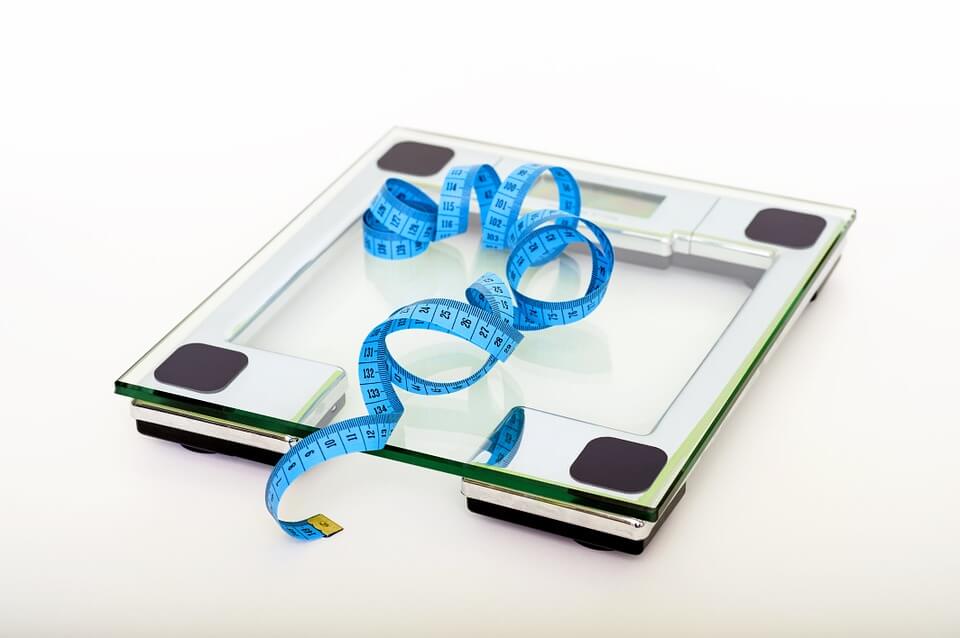According to research from Harvard Medical School, eating disorders such as anorexia, bulimia and binge eating, afflict more than 30 million Americans, while millions more experience disordered eating and weight control behaviors. This statistic is even more sobering when one considers the fact that eating disorders have the highest mortality rate of any psychiatric disorder in the United States. Numbers like these have real consequences on people’s health and overall quality of life. Often people are trapped in a vicious cycle of weight gain and severe dieting. In many instances, dieting does not produce permanent weight loss. Instead, it creates an unhealthy diet cycle where a person’s body weight quickly cycles up and down. What is needed is a holistic understanding of health that does not stigmatize body weight. People should focus on healthy behaviors and physical well-being instead of body weight.
The central idea behind the act of dieting tends to create problems. Extreme diets can actually damage people’s metabolism as well as their mental perception of food and eating. This means that individuals can end up in a worse place versus when they started the diet. The diet cycle can start here, with people’s weight gain and loss having a yo-yo appearance. The rise and fall of body weight creates the appearance that people are actually at war with their food (and weight). What is more beneficial for people is an active and healthy lifestyle, as well as an acceptance of their physical appearance and body weight.
When people are informed that they are overweight, there are unintended consequences. This information can reduce people’s satisfaction with their body and create other negative emotions and behavior. This is due to the fact that modern society tends to reinforce the message that “thin” is beautiful and good. People who struggle with their weight tend to also have lower self-esteem. The stigma of being overweight can help to set up a cycle for additional weight gain or the development of eating disorders like bulimia or anorexia. Individuals at all body weights often respond to stress and anxiety by eating. This emotional-induced eating will likely only encourage more weight gain. An increase in body weight can create a feeling of lower self-esteem and anxiety in a person. People quickly become trapped in an unhealthy feed back loop of weight gain and dieting.
More has to be done in order to make it safe to be a larger-bodied person. Most eating disorders are often accompanied by trauma, but body shaming and fat loathing only make these diseases worse. Actions from the fashion and food industry, as well as pop culture, almost seem to encourage eating disorders. However, attempts have been made to address the issues surrounding perceptions of physical imperfections, body weight and fat shaming. A few examples from fashion and marketing are from lingerie retailer Aerie and the increasing popularity of plus-size models. Since 2014, the ad campaigns of lingerie retailer Aerie (American Eagle) reportedly uses non-airbrushed photos of women of various body shapes and colors. Successful Fashion designer Chris Siriano has stated that there have “always been customers of different sizes since day one.” Currently, one half of Siriano’s fashion collection is made in extended sizes. These are positive steps in the right direction, but body weight fears and stigma surrounding fat is still a common occurrence.
For additional questions about the connection between body image, body weight and the diet cycle, contact the staff at Toledo Center. Their programs provide a full range of treatment options for children and adults with a primary diagnosis of an eating disorder. For immediate and confidential feedback, take Toledo Center’s EAT-26 (Eating Attitudes Test) assessment.
Follow us on Twitter: @Toledo_Center
Body Weight, Diet Cycle

